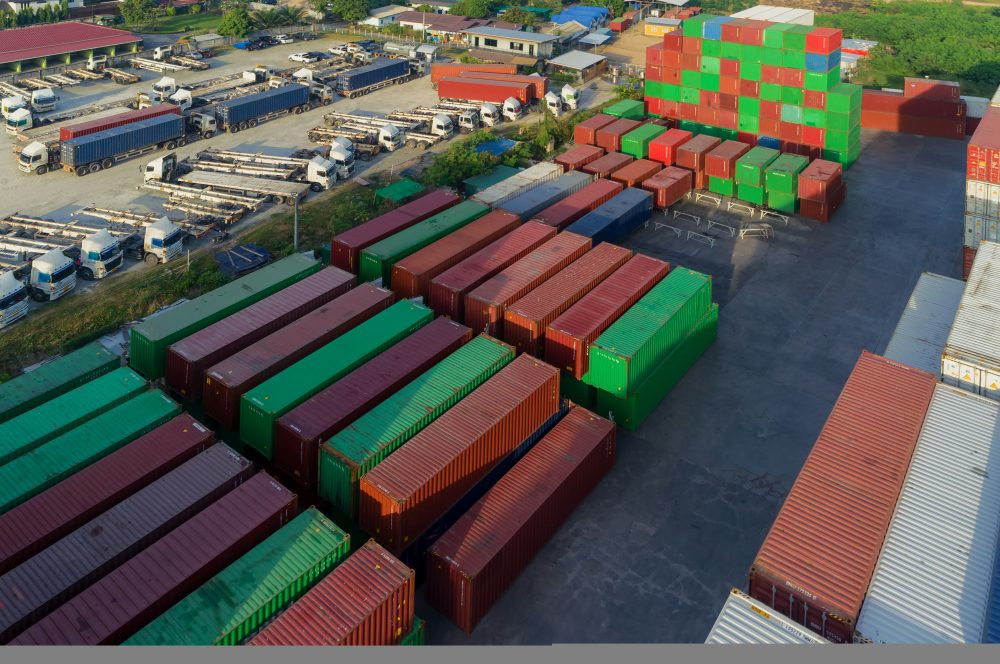In the ever-evolving world of international trade, businesses are constantly seeking new ways to streamline operations, cut expenses, and enhance efficiency. Full container load (FCL) shipping has reigned supreme as a primary method for transporting goods across vast distances for decades. However, the tides are turning as a new contender emerges in less-than-container load (LCL) shipping.
LCL is a game-changer, offering a functional and economical alternative to traditional FCL. By consolidating smaller shipments from multiple businesses into a single container, LCL provides a cost-effective solution for companies that don’t have enough cargo to fill an entire container. This reduces shipping costs and unlocks many other advantages, propelling businesses towards tremendous success in today’s fiercely competitive global marketplace.
With insights from pallet delivery experts Pallet2Ship, we will learn how LCL shipping is driving success for businesses worldwide.
Cost Efficiency
Experts at Pallet2Ship said, “One of the most compelling advantages of LCL shipping is its cost-effectiveness. Unlike FCL, where businesses must pay for the entire container, regardless of whether it’s full, LCL allows them to share container space with other shippers. This means businesses only pay for their cargo’s space, resulting in significant savings on shipping costs.”
“LCL is particularly beneficial for small and medium-sized enterprises (SMEs) that may not have enough volume to fill an entire container, as it allows them to participate in international trade without incurring excessive shipping expenses.”
Inventory Management
LCL shipping offers greater flexibility in inventory management than FCL. With FCL, businesses often need to wait until they have enough cargo to fill a container, leading to inventory buildup and increased storage costs.
Meanwhile, LCL allows businesses to ship smaller quantities more frequently, reducing the need for extensive inventories and minimising the risk of overstock or stockouts. This just-in-time strategy for quality inventory management can improve cash flow and reduce warehousing costs.
Reduced Risk
Shipping smaller, more frequent shipments with LCL can also help businesses mitigate risk. If a shipment is lost or damaged, the impact is less severe than losing an entire container’s cargo.
Additionally, LCL shipments can be rerouted or consolidated more easily in case of unexpected disruptions, providing greater flexibility and resilience in the supply chain.
Market Expansion
LCL shipping opens up new opportunities for businesses to expand into international markets. For companies new to exporting or testing new products in foreign markets, LCL provides a low-risk way to enter these markets without committing to large-scale shipments. This allows businesses to gauge demand and make informed decisions about future expansion.
Environmental Solutions
In an era of growing environmental awareness, LCL shipping offers a more sustainable option than FCL. By consolidating multiple shipments into one container, LCL reduces the number of containers shipped overall, leading to lower carbon emissions and a smaller environmental footprint. This can be a significant advantage for businesses aligning their operations with sustainability goals.
Final Thoughts
The LCL advantage is clear: it’s a cost-effective, flexible, and risk-mitigating approach to shipping that empowers businesses to expand into new markets and manage their inventory more efficiently.
As global trade continues to evolve, LCL shipping is becoming an increasingly popular choice for businesses of all sizes. Whether you are an SME looking to break into international markets or a large corporation seeking to optimise your supply chain, LCL can be a valuable tool in your logistics arsenal. Embrace this innovative approach, and unlock new growth opportunities, enhance competitiveness, and contribute to a more sustainable future.
LCL shipping is not just a trend; it’s a strategic advantage that is reshaping the global logistics landscape.





